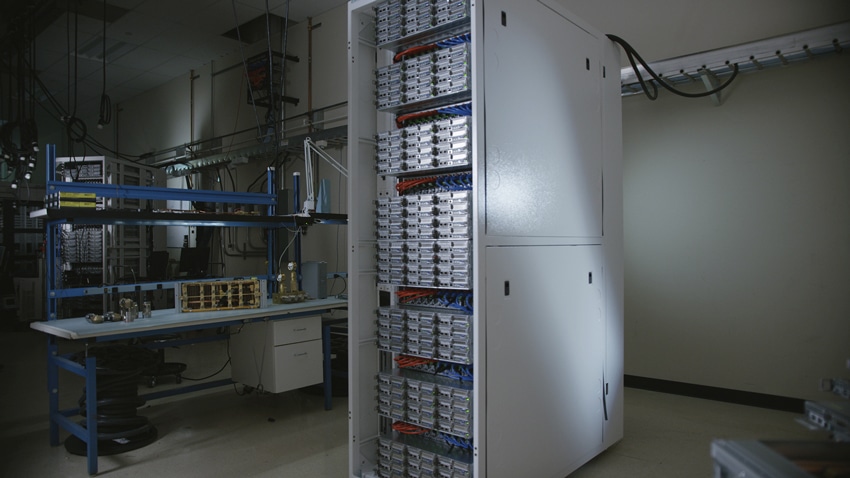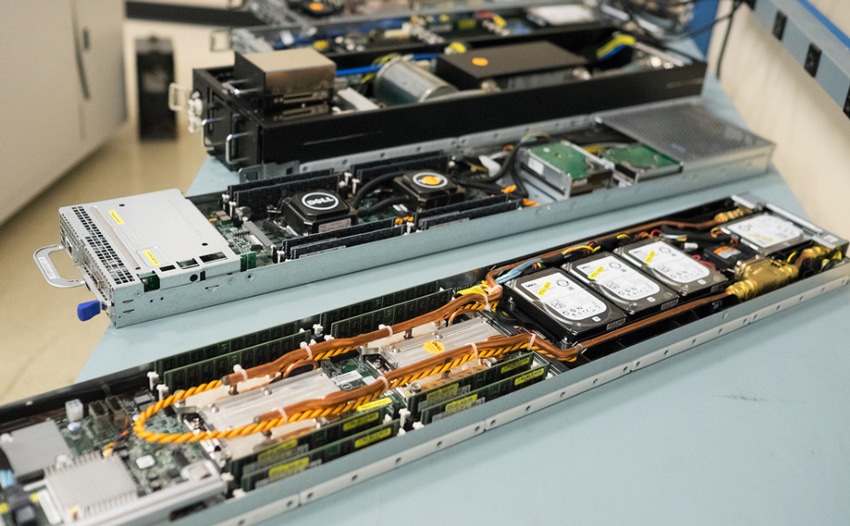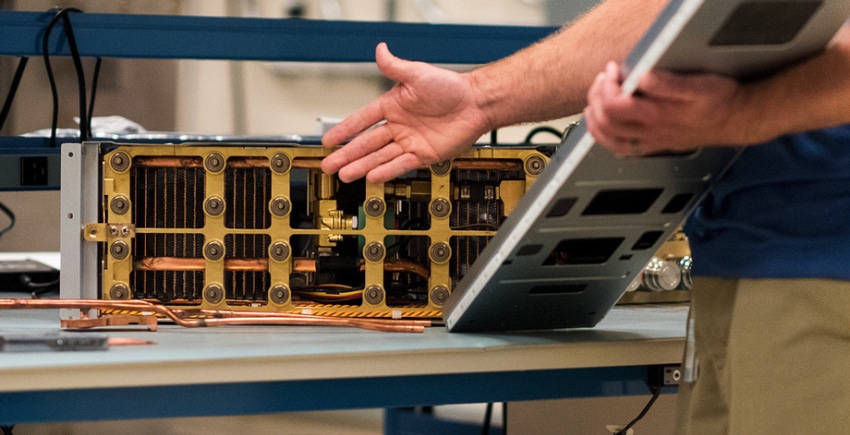Today Dell Inc. announced a new innovative liquid cooling technology for data centers, codenamed Triton. This technology comes from Dell’s Extreme Scale Infrastructure (ESI) group and was developed to help eBay improve performance in its new data center. Triton has been able to deliver better performance through cooling and reduce TCO.

Getting water in a data center doesn’t sound like the best idea in the world but heat is a huge problem in data centers. Water can transport heat 25 times more efficiently than air. This means that using liquid cooling, such as Triton, can sub-cool a processor and allow it to operate at a higher frequency. Dell ESI found that they could get 59% more performance using their custom E5-2679v4 versus an Intel Xeon E5-2680v4 processor using liquid cooling. Combining this new technology with a custom 200W Intel Xeon E5v4 processor could provide double digit performance increases over the current highest performing Intel Xeon processors available.

Triton doesn’t use liquid-to-liquid heat exchangers, cooling loops, or pumping systems that are costly and inefficient. Instead, Dell brings water directly into the server sled to cool the CPU. Not only will this method bring the highest cooling efficiency to the CPU, it will use less water than any other liquid cooling method available. Dell claims that this method will be extremely cost effective as well. In fact the claims are quite impressive with 97% less cooling power than the average air-cooled data center, 62% less power consumption than HPE Apollo 8000, and a power usage effectiveness as low as 1.02 to 1.03. This could mean major savings costs savings to certain data centers.

While these potential savings sound impressive, liquid cooling isn’t for every data center. Dell’s ESI states that they will continue to work on data center efficiencies including a closed loop version of Triton.





 Amazon
Amazon